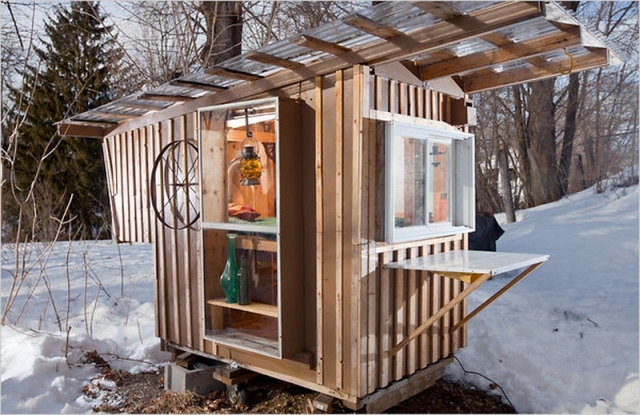Many of our country’s problems stem from our addiction to oil: our pre-emptive strikes leading to war in Iraq, debt from our wars, pollution – including oil spills world wide, our lack of political will to develop mass transit, cost inflation for almost everything (plastics, packaging, transportation costs) due to increased prices of oil, continued use of oil for unsustainable agri-business’ fertilizers and our agricultural tax subsidies that support this, taxpayer bail outs of oil, gas & automotive companies or those who supply and finance them and finally our reluctance to switch our tax subsidies to green industries of all types.
Below is a recent commentary on the stupidity of clinging to our oil addiction from Roland Martin. You can read the complete article published on CNN here.
“Gas prices are skyrocketing nationwide and Americans are angry that they have to spend more of their hard earned money at the pump each week.
The crisis in northern Africa, specifically in Libya, has led the dramatic rise in the cost of oil, which now tops $101 a barrel, over the past month. And with summer approaching, Americans are fretting over whether to hit the highway for vacation because the price of gas, averaging $3.52 a gallon nationwide, is expected to go even higher.
Our political leaders? Some Democrats and Republicans are leaning on President Barack Obama to open the Strategic Petroleum Reserve and use some of the millions of barrels of oil we have on tap to provide some relief as a result of the price increase.
In a news conference Friday, President Obama said he’ll release the oil if needed.
“All options are on the table when it comes to any supply disruption,” he said.
Is this Groundhog Day or what?
Three years ago this nation went through convulsions when gas prices skyrocketed. Folks were sharing rides and pushing elected officials to broaden public transportation plans. Hybrids and electric cars started getting a second look from gas conscious drivers, and all the talk was about alternative energy and not being dependent on Arab leaders in the Middle East.
And when those gas prices went back down? We yelled, screamed and cheered, and then pulled the SUVs out of the garage, filled them up with gasoline and forgot all about the pain we endured.
This is the American story: Alleviate our pain so we can go back to business as usual. And when the crisis comes back, we’ll fret, scream and go bonkers.
Please, stop the madness!
When are we simply going to reach the conclusion that as long as this nation has a Charlie Sheen-like addiction to gas, our chains can be yanked at any time, which will send our economy into a tailspin?
The U.S. Energy Department predicts that with the dramatic rise in gas prices, the average American family will spend an additional $700 annually on gas. And with money already tight, that is a huge hit.
Unfortunately, our crack-like dependence on oil continues to lead us down the road of agony and despair, and our political leaders have no courage to own up to the special interests and gas lovin’ Americans and say, “Dammit, enough! We can’t move forward like this!”
Democrats and Republicans are now saying President Obama needs to allow for more drilling off the shores of the United States. Really? So that’s the only answer? Everyone knows there isn’t enough oil to satisfy America’s thirst. But oh no, we keep this charade up.
America will never be able to transition our system from an oil-dependent economy to an alternative plan unless we show the courage to make the tough choices today and get the payoff later.
. . . Until the nation accepts this reality, we will continue to be at the mercy of oil-possessing countries.
Embracing non-oil energy alternatives — wind, natural gas, electric and solar — can absolutely create jobs in this country, and we should require Americans to make their homes more energy efficient with products built by Americans. What’s wrong with that? How can the United States create solar technology and then allow the Chinese to become the leading manufacturer of wind turbines and solar panels?
No one alternative energy source can replace oil. It has to be a comprehensive plan that addresses our long-term needs. And it is going to mean we will have to spend money. Yes, we will be affected in the short-term, but if someone told me we could spend $500 billion today, and that would create millions of jobs over the next several years and lead to a transition to an alternative-energy economy, I would ask where I should sign up.
But if we have no courage, we will lose every time.
So, if the only thing you know is “drill, baby, drill,” and that gasoline is our only option, great. Have a wonderful time. And every time gas skyrockets, just smack yourself upside the head with that gas pump, because you’re the reason we remain stuck on stupid when it comes to energy in this country.”
You may also like Financial Crisis an Accident?, Truth or Consequences, Home Prices Free Fall and New Books.








